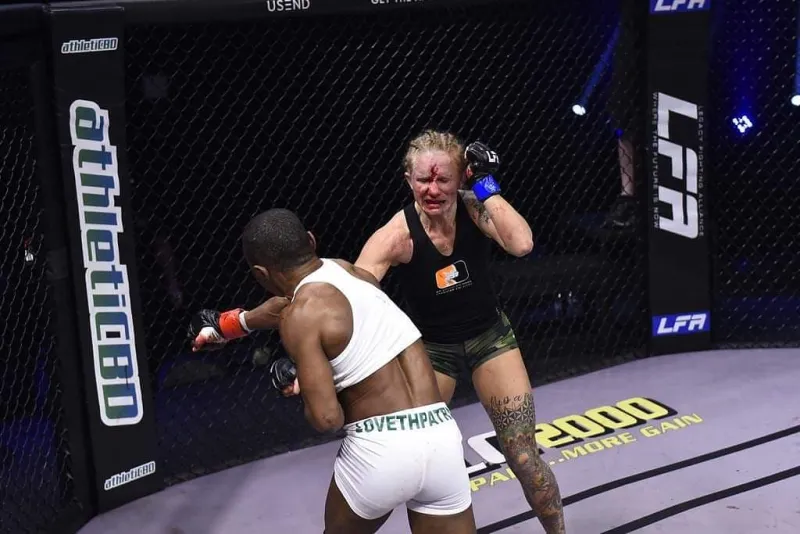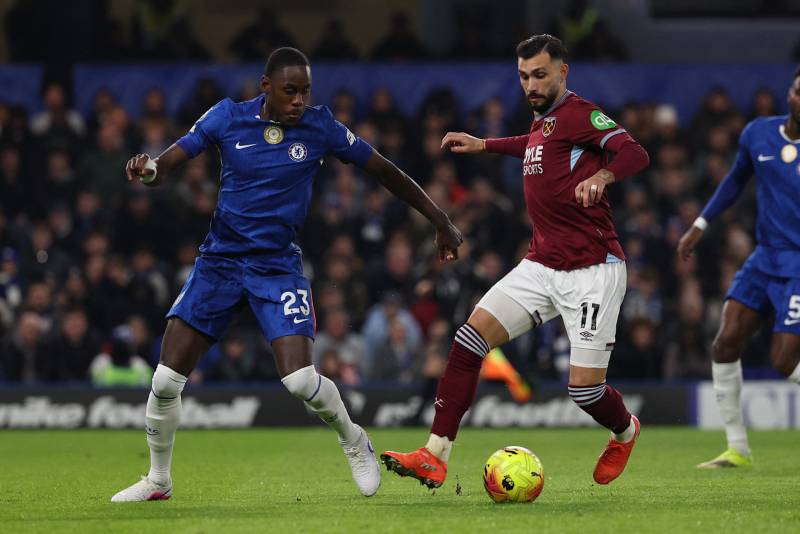EXCLUSIVE: Basketball legend Shaquille O’Neal wants the world to know about an overlooked star of the game, Lusia “Lucy” Harris, the woman Shaq calls “the greatest of all time.”
“She’s a power center. I’m a power center. She was dominant,” O’Neal tells Deadline about Harris. “For a long time she was denied the limelight, denied the sponsorships and denied the recognition she deserved.”
The Oscar-contending short documentary The Queen of Basketball, directed by Oscar-nominated filmmaker Ben Proudfoot, rescues Harris from an unjust obscurity. She won three straight national titles at tiny Delta State University in the 1970s, earned a silver medal at the 1976 Olympic Games, and in 1977 became the first woman officially drafted by an NBA team—the New Orleans Jazz. But she made her mark in an era when women’s basketball, and women’s sports in general, didn’t draw much attention.
Shaq says he did not know about Harris until he watched The Queen of Basketball on the New York Times website.
“It kind of made me cry,” he admits. “I don’t usually cry at movies. But I said to myself, ‘I got to do whatever it takes to bring this story to the world.’”
O’Neal signed on as an executive producer of the short and has been leveraging his social media reach to publicize the film. On Sunday he tweeted, “Behold The Queen of Basketball: Lucy Harris. Don’t sleep on this, watch the film now.” A day earlier he tweeted another link to the film, urging his 15 million-plus followers, “Help me blow this up for the GOAT!”
Harris’s story resonated with the four-time NBA champion for personal reasons.
“I have three daughters,” he notes. “This is the kind of story that I want them to see.”
In the film, Harris talks about her burning desire to excel in basketball, recalling that as a kid she would study brilliant NBA talents like Bill Russell, Wilt Chamberlain, Kareem Abdul-Jabbar and Oscar Robertson. Late at night she would watch them on television, pulling a blanket over herself and the TV set so that light from the screen wouldn’t tip off her parents that she was still up. It didn’t always work.
“Lucy, you better go to bed. You got school in the morning!” she remembers her mother saying. “‘Okay, mama, I’m going.’ And I’d watch it a little bit more.”
Harris towered over other kids her age as she was growing up, and was teased for it. She recalls classmates taunting her, “Long and tall and that’s all.” O’Neal, who would grow to 7’1”, endured that sort of treatment as a kid as well.
“Yeah, I got teased and all that stuff,” he confirms. “’You’re never gonna make it. You’re this and that.’ For certain individuals that just feeds us to become even greater.”
The WNBA didn’t launch until well after Harris’s playing days were done. She declined the opportunity to try out for the New Orleans Jazz (now the Utah Jazz) after they drafted her in the 7th round, focusing instead on raising a family. She and husband George Stewart have four children; one is a lawyer, another has a master’s degree, and the other two earned Ph.Ds (Harris herself earned a master’s degree, and taught high school and coached the girls’ basketball team in the small Mississippi town where she grew up).
O’Neal says he admires the persistence Harris demonstrated, overcoming obstacles in the path of women and African Americans.
She’s the GOAT, he says, because of “basketball, life, all the stuff she had to go through, coming from where she came from, how she played. People like her, Bill Russell, not only were they transcendent in sport but they had to go through a lot of other stuff. They had to go through the civil rights [struggles]. That’s why I try not to complain, because of the things that they went through. When I played I had way more freedom than they had.”
Harris speaks openly in the documentary about mental health challenges she has faced. She was diagnosed as bipolar, a condition that didn’t manifest until after she retired from basketball.
“I think she was brave” to talk about her condition, O’Neal says. “I think she was honest. There are a lot of athletes coming out discussing their mental health and it’s also brave of them.”
Voting for the Oscar documentary shortlists (features and shorts) is now underway. Shaq is rooting for The Queen of Basketball all the way.
“I want to see Lucy on the Oscars, the red carpet. I want to see this woman get her shot,” he says. “I want her to have that moment where she gets to talk to an even bigger audience, to be able to inspire the future generations.”
SOURCE : daedline




